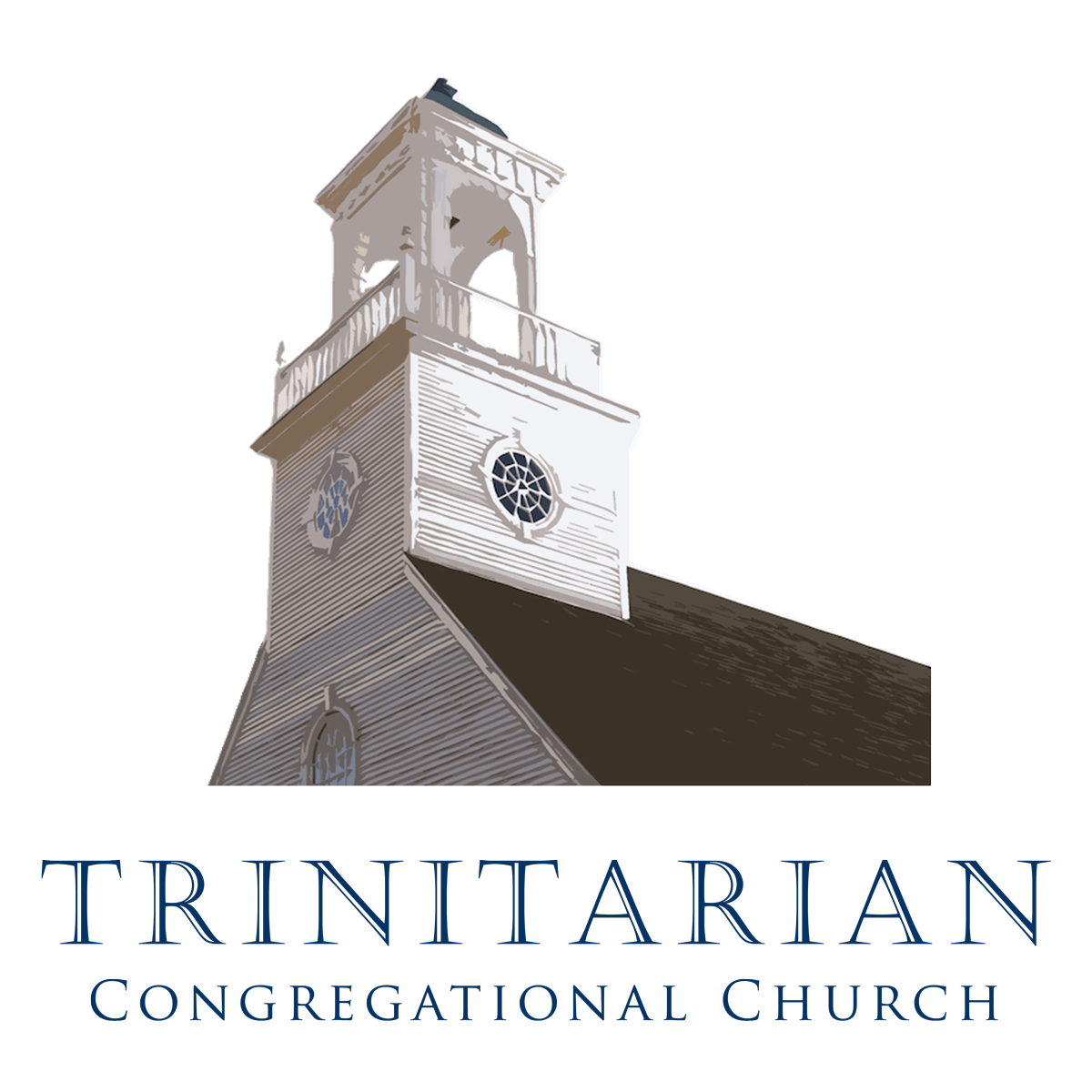(Read Revelation 4:1-11)
What’s God like is a question we all ask. And many claim to have the answer. In the current climate of post-modernism (relativism), the idea of holiness doesn’t seem to get much traction. We prefer to sing “all you need is love” since it’s a much more appealing characteristic when it comes to thinking of God. Taking the Bible as guide to who God is, it’s of course 100 percent true that God is love. He loves the world and He loves everyone since we are all, men and women, created in His image (Genesis 1:27). But it’s also true that God is holy. It’s one coin with two sides. He is love and He is holy and the two should not be separated.
In the Old Testament, holiness is typically fronted when God shows up on the scene (Isaiah 6:3; Joshua 5:15; Exodus 19:6; Exodus 19:23, “consecrate” = “make holy”). Everyone gets jolted by the revelation of God as “the Holy One of Israel.” Those who encounter Him never forget it and describe it in terms of facing a perfect storm (at Mount Sinai, Exodus 19:17-20).
So of course in the New Testament, the “final word” of who God is, we see the grace of God, the love of God made manifest with Jesus. At the Cross God’s love is made known (John 3:16). God comes close to us and showers us with His love. So it’s a bit of a shock to the system when we are back to the revelation of God’s holiness in Revelation 4:8. A door in heaven is open (Revelation 4:2) and we are ushered into the very presence of the Living God and, surprise, He is the same yesterday, today and forever! In fact some of the imagery of Revelation 4 recalls Sinai (Revelation 4:5).
What’s going on? Can God be both Holy and Love at the same time? We will need to wait until we get to Revelation 5:1-14 this coming Sunday to get the full answer, but we can say already now, Yes! This is the wonder of the Gospel that perhaps we need to hear in a new way during these times of great upheavals. We all lament and mourn in the face of a worldwide plague, racism, disregard for authority, anarchy, disregard for human life (the unborn, human trafficking, violent crimes, etc.) and so many other societal woes. Whatever our competing opinions to address these problems, deep down we all know no human effort can ultimately fulfill God’s dream of justice and righteousness we all long for.
So what’s holiness got to do with it? The revelation of God’s holiness in chapter 4 is what keeps evil in check! He is the Creator of “all things” (Revelation 4:11) and will not allow evil to prevail. His arm of holiness is the guarantee that lasting righteousness, peace and justice will have the last word. As Leon Morris affirms, commenting on chapter 4, “Evil is real but it’s not in control. The divine purpose stands.” David Wells
adds, “God’s holiness is the measure by which we know evil to be evil.” The holiness of God is His promise to us that evil will be exposed, countered and defeated. So we pray for our sick world, nation and our own sick souls (for who can stand before a Holy God? Isaiah 6:5). As Amos cried out, and, how timely in many ways, also Martin Luther King, “let justice roll down like waters, and righteousness like an ever-flowing stream” (Amos 5:24). So for now we don’t quit on this dream, clothed in His holiness (never our own, 1 Corinthians 1:30). We practice justice in obedience to His Word, rooted in His steadfast love, and we walk humbly before Him (see Micah 6:8). We also wait for the establishment of perfect righteousness and justice one Day. The holiness of God assures us it will happen.
Questions for your consideration (from Dolores and John Marciniec):
- “Evil is real but it’s not in control.” Reflecting upon this truth, who or what is in control of your life? Your daily choices serve to shape your lifestyle.
- It is thrice mentioned that God is Holy. Lev.11:44 says that we should consecrate ourselves and be holy because God is holy. As His image bearers does our life reflect His holiness?
- God’s holiness will triumph over all evil. The Christian’s response is to wait on God. How are you strengthening your relationship with God to fortify you in the waiting?





